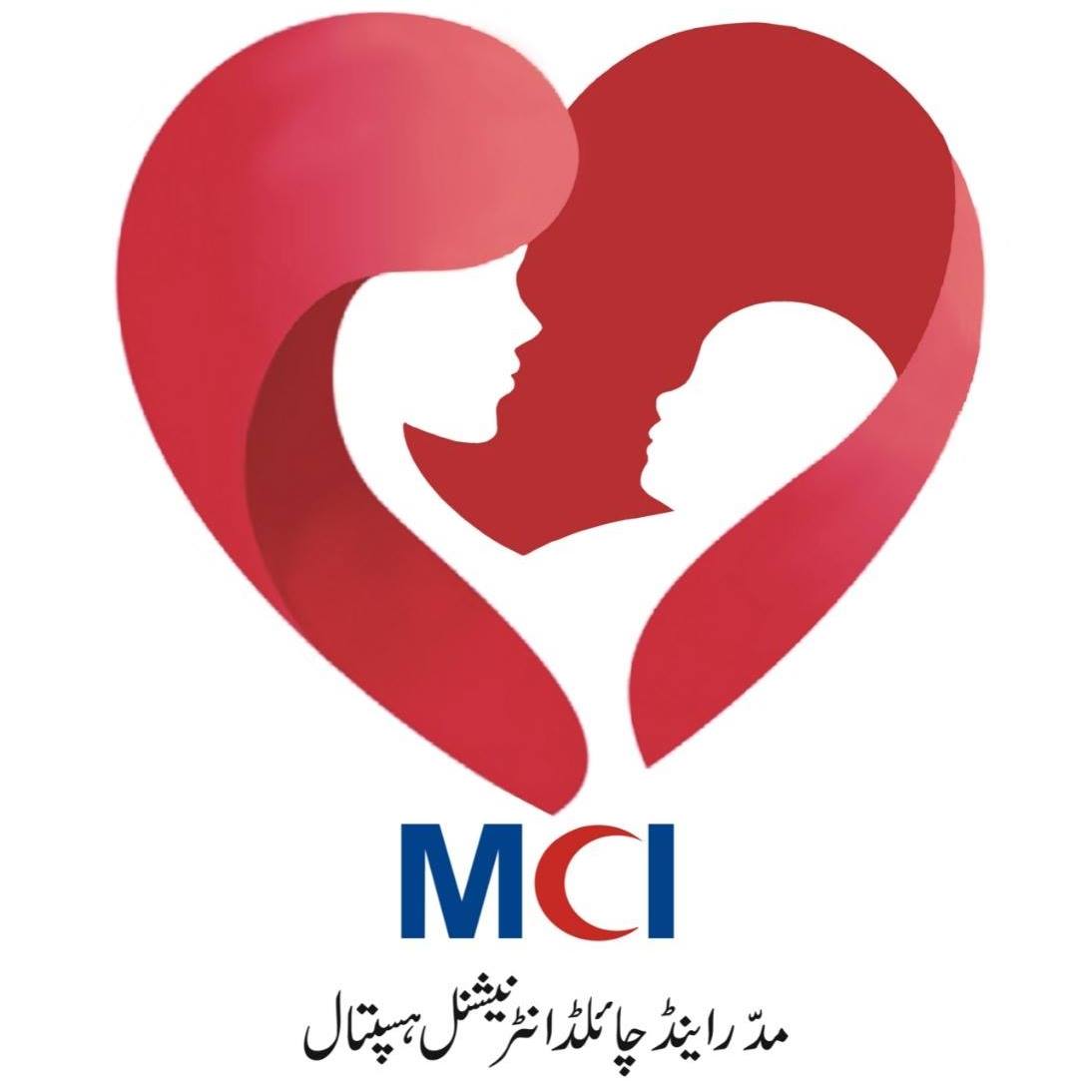What Is IVF?
IVF stands for in-vitro fertilization. This is a fertility treatment that involves extracting an egg from a woman’s ovary and fertilizing it with sperm in a lab dish. The fertilized egg is then transferred to the uterus of another woman (called the gestational carrier) who carries the pregnancy to term.
IVF is one way to overcome infertility by using fertility treatments to help your partner’s eggs or sperm meet and form an embryo. It has been used since 1978 and is becoming more popular every year. There are many different factors to consider before deciding if IVF is right for you. Here are 10 things you need to know before you decide on IVF:
1) A woman must be over 21 years old, have had at least 12 menstrual cycles, and not be pregnant or breast-feeding in order to use IVF.
2) IVF can take up to four months from start-to-finish, with most couples undergoing the process two or three times per year, depending on their needs.
3) You may have multiple embryos created during each IVF cycle which means most couples will have twins, triplets, or more children at once through this process.
4) More than 50 percent of couples who undergo IVF will not get pregnant and/or carry their baby to full term as this method does not always work.
5) Sometimes success rates can be increased by using donor eggs or sperm.

When IVF Is Not An Option?
IVF is not an option for infertile couples who want to get pregnant. IVF is only offered when a couple has a problem, like blocked fallopian tubes or low sperm count, that prevents them from getting pregnant on their own.
The Cost of IVF
One of the first things you need to know is the cost. IVF costs anywhere from $12,000-$15,000 per cycle in the United States. You might be able to find a more affordable option overseas for about half that amount. But, if you’re looking for a country with an excellent success rate and well-trained doctors, this will cost you more. The price also depends on your specific needs and what kind of IVF treatment you need. For example, if you need more than one round of IVF, the price will increase by three to four times.
The Latest Findings on IVF
A recent research study conducted by the Society of Obstetricians and Gynecologists of Canada (SOGC) found that, on average, IVF success rates are more than three times higher than success rates for those who use traditional methods. Other findings from the SOGC’s study showed that IVF has a lower risk of multiple pregnancies, higher success rates for women over age 40, and better success rates for those with unexplained infertility.
IVF is now being used to help same-sex couples. It can also be used if your partner has a fertility problem or if you have a fertility problem such as blocked tubes.
IVF is not without its risks, though. IVF does increase your chances of getting pregnant with twins or triplets and there is an increased chance for ectopic pregnancy or miscarriage. And while the cost of IVF can vary, it can range from $14,000 to $25,000 per attempt at treatment.
Pros and Cons of IVF
IVF has many benefits, but it also has cons.
Pros:
– IVF may be an option if you have blocked fallopian tubes or your partner has a low sperm count.
– The success rates for IVF are much higher than other infertility treatments.
– You can try again for another child without waiting for a natural cycle.
Cons:
– It is expensive to undergo IVF treatments. In the United States, the average cost for one round of IVF is around $11,000 to $23,000.
– You need to go through many uncomfortable procedures to get pregnant through IVF. These include hormone injections and egg retrieval surgery.
– There is a risk of pregnancy loss and miscarriage with IVF procedures.
What Happens After You Start IVF?
Once you start IVF, you’ll need to go through the first phase of the process, which is called ovarian hyperstimulation and egg retrieval. This phase takes about a week to complete and requires daily hormone injections for about five days. During this time, your ovaries will be monitored for size and other signs of being ready for eggs to be retrieved. You will also have ultrasounds every day so that doctors can monitor the development of follicles in your ovaries and see when it’s time to retrieve the eggs. Next, you will receive fertility drugs that cause your ovaries to release multiple eggs at once instead of just one egg each cycle. These hormones cause a lot of side effects like bloating and mood swings but they’re worth it because they help get more eggs. Once the eggs are retrieved from your body, they are fertilized with sperm in a laboratory.
Who Can Use IVF?
The main difference between IVF and other fertility treatments is that with IVF, an egg and sperm are combined in a lab. With intracytoplasmic sperm injection (ICSI), a single sperm is injected directly into an egg.
IVF is best for people who have been having trouble conceiving for more than one year, including those who have unexplained infertility or mild male factor infertility.
There’s no specific age limit when it comes to using IVF, but those under the age of 35 are more likely to be successful. Women over 40 may want to consider surrogacy instead of IVF due to their age which can affect the success rate.
One important thing that you need to know about IVF is that there are different types of procedures for using it:
– Traditional In vitro fertilization: This standard procedure combines eggs and sperm outside of the body then transfers them inside the uterus
– ICSI: The doctor injects a single sperm directly into each mature egg
– Follicular aspiration: Eggs are drawn from the ovary or fallopian tubes with a needle
When Should You Consider It?
IVF has many benefits. One of the biggest is that it helps couples who are struggling with infertility meet and form an embryo, but it can be expensive. So, you should consider IVF if:
1) You’re a woman under 35 years old and unable to get pregnant on your own.
2) You’re a woman over age 37 and have been trying to get pregnant for one year or more.
3) Your partner has been diagnosed with low sperm count or motility issues.
4) You’ve tried other fertility treatments like intrauterine insemination (IUI), clomid, or other medications without success.
5) You’re a man over 40 years old and have been trying to get pregnant for one year or more without results.
6) A male partner’s semen analysis shows that he has less than 20 million sperm per milliliter of fluid or a female partner’s egg count is lower than 10 eggs per cubic centimeter of fluid collected using ovulation induction drugs.
7) You’ve undergone chemotherapy, radiation therapy, or pelvic surgery that could affect your ability to conceive naturally.
Risks and side effects of IVF
IVF is a complicated process. It is not a process for the faint of heart. IVF comes with many risks and side effects that you need to be aware of before deciding whether or not to have IVF.
One of the potential risks of IVF is that it can lead to multiple births, which can be dangerous for both mother and child. There are also chances of getting pregnant with identical twins, triplets, or even more than that. On top of that, there is a risk your pregnancy could stop early on in the development because it wasn’t successful. These are all concerns you will want to consider before deciding if you want IVF.
Conclusion
IVF, or in vitro fertilization, is a process where a woman’s eggs are removed from her ovaries and fertilized with her partner’s sperm outside of her body. A woman’s eggs and a man’s sperm are combined in a laboratory dish, where an egg is fertilized. The fertilized egg — called an embryo — is then transferred to the woman’s uterus.
IVF is often thought of as the last-ditch effort for couples who want to start a family but can’t do so on their own. But the truth is that IVF is more than that — it’s a process that can bring hope to those who have been trying to have a baby for years.
IVF can be expensive, it may not be right for everyone and it does carry risks, but it might just be the best decision you ever make.
IVF Details in Urdu





